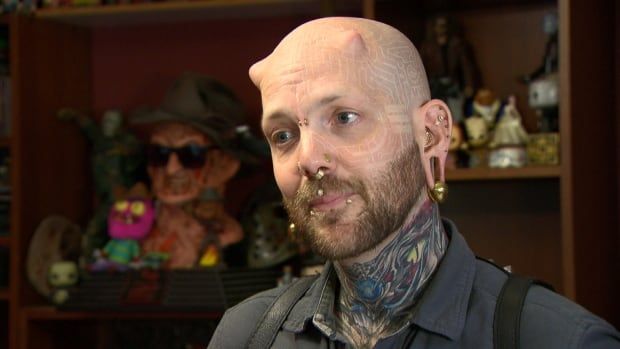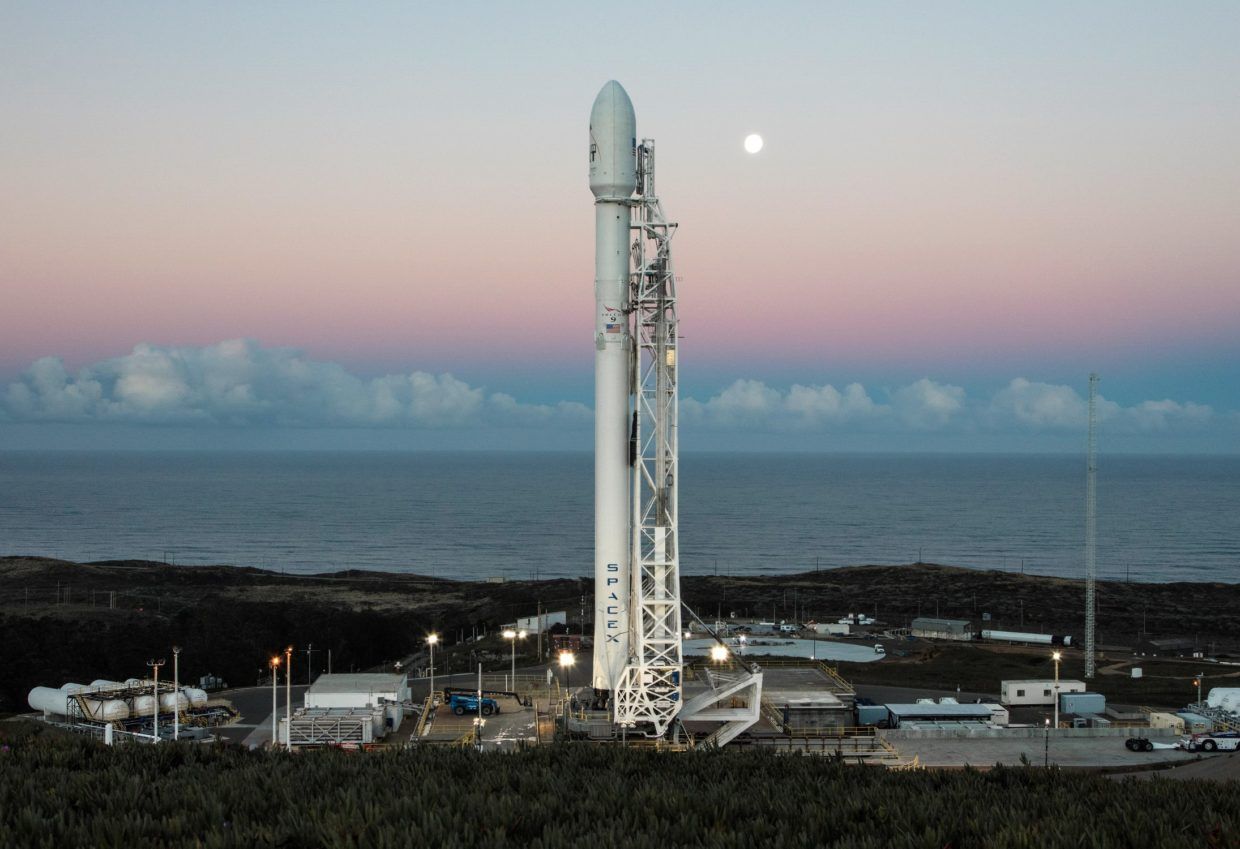Home kits could one day allow diabetes patients to make their own insulin — potentially saving them thousands of dollars a year.
Month: September 2018 – Page 4
Gut sense: Neural superhighway conveys messages from gut to brain in milliseconds
Searching for a more direct connection between the gut and the brain, researchers were shocked to see that distance spanned by a single synapse, relaying the signal in less than 100 milliseconds, less than the blink of an eye. The finding has profound implications for the understanding of appetite and appetite suppressants, most of which target slow-acting hormones rather than fast-acting synapses.

Hundreds of academics at top UK universities accused of bullying
Is it time for cosy agricultural era universtites to be seriously disrupted with physical campuses abolished in this modern age when we are all Professor Googles, and when knowledge evolves faster than courses? Why pay rip off fees for information that is out of date before the end of three years?
Senior professors among 300 people alleged to have bullied students and colleagues.

A solid industrial perspective in the Geo-Lunar space
Some industrial activities can give a ROI in a reasonable times. Recovery and reuse of space debris and wreckages, at least in its recovery part, is very much needed, for orbital safety. With proper orbital infrastructures, to capture debris, the logical next step will be to re-process them, getting powders for 3D printing, a platform for orbital ISRU, very first bricks of orbital factories. Assembly of satellites and vehicles in orbit is a large industrial perspective, that will decrease the cost of design, construction and launch: a first step towards a self sustaining space industrial development. There’s a number of in-orbit operations: transport and maintenance of satellites in orbit, refuelling stations, repair shops, orbital sites, orbital yards, spaceports, habitats. All the activities tied to space tourism, such as hotels and lodging facilities, passengers transportation systems (Earth-Orbit, inter-orbit, Earth-Moon). Products from zero gravity, asteroid and lunar mining are other very promising industrial activities, on which several startups were already born.
Priority to enabling technologies.

How to know if you’re affected by Facebook’s massive data breach
Answer: Quite possibly because Facebook’s already forced you to log out and back into your account today.
The news: Facebook said hackers exploited a software flaw to access the records of almost 50 million customers. The firm said it had fixed the vulnerability and reported the breach to law enforcement.
The hack: The company said that the hackers had exploited a coding glitch that affected the service’s “View As” feature, which lets people see what their own profile looks like when someone else takes a look at it online. This allowed them to get hold of digital “tokens,” which are software keys that let people access their account without having to log back in every time.

‘I want to learn Artificial Intelligence and Machine Learning. Where can I start?’
I was working at the Apple Store and I wanted a change. To start building the tech I was servicing.
I began looking into Machine Learning (ML) and Artificial Intelligence (AI).
There’s so much going on in the field.
Every week it seems like Google or Facebook are releasing a new kind of AI to make things faster or improve our experience.

Meet the B.C. man who implants technology to increase his physical capabilities News
But where advocates like Foxx mostly see the benefits of transhumanism, some critics say it raises ethical concerns in terms of risk, and others point out its potential to exacerbate social inequality.
Foxx says humans have long used technology to make up for physical limitations — think of prosthetics, hearing aids, or even telephones. More controversial technology aimed to enhance or even extend life, like cryogenic freezing, is also charted terrain.
The transhumanist movement isn’t large, but Foxx says there is a growing awareness and interest in technology used to enhance or supplement physical capability.
This is perhaps unsurprising given that we live in an era where scientists are working to create artificial intelligence that can read your mind and millions of people spend most of their day clutching a supercomputer in their hands in the form of a smartphone.


Iridium plans to launch CloudConnect satellite IoT system in partnership with Amazon Web Services
Iridium, the satellite communications network, announced Thursday that it intends to work with Amazon Web Services to connect the leading cloud-provider’s internet-of-things services with Iridium’s satellite network in 2019.
This new service will be called CloudConnect. It builds on an existing IoT satellite network operated by Iridium to allow companies using AWS IoT services to reach places where the physical internet does not reach, which even in 2018 is a lot more places than you might imagine. Iridium is joining the AWS Partner Network along with this announcement, which will present Iridium’s satellite network as a deployment choice for AWS customers using its IoT services.
Researchers find inspiration in nature to improve ceramic armor
ABERDEEN PROVING GROUND, Md. — Future American Soldiers will be better protected in combat by stronger and lighter body armor thanks to innovative work at the U.S. Army Research Laboratory. Materials science engineers are using nature as the inspiration for breakthroughs in additive manufacturing.
“My project is to design a system that can 3D print armor ceramics that will allow production of parts with graded structures similar to an abalone structure in nature that will improve the ceramic armor’s toughness and survivability with lower weight,” said Joshua Pelz, a materials science and engineering doctoral candidate at the University of California San Diego. He spent this summer working with Army scientists at ARL’s Rodman Materials Science Laboratory at APG to design and build a unique 3D printer.
Two syringes containing distinct, viscous ceramic slurries are connected to a custom-made auger and print head. Pelz took advantage of his computer programming skills to hack into the 3D printer, tricking it into using its own fan controls to manipulate the ratio of materials being printed. He designed a custom auger and print head and even used the same 3D printer to create those parts.